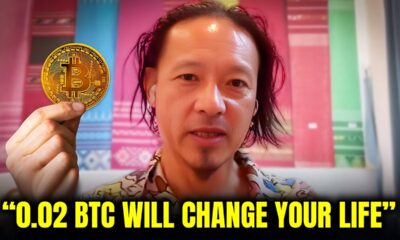Bitcoin
Bitcoin Creates New Environmental Injustices for Black Texas
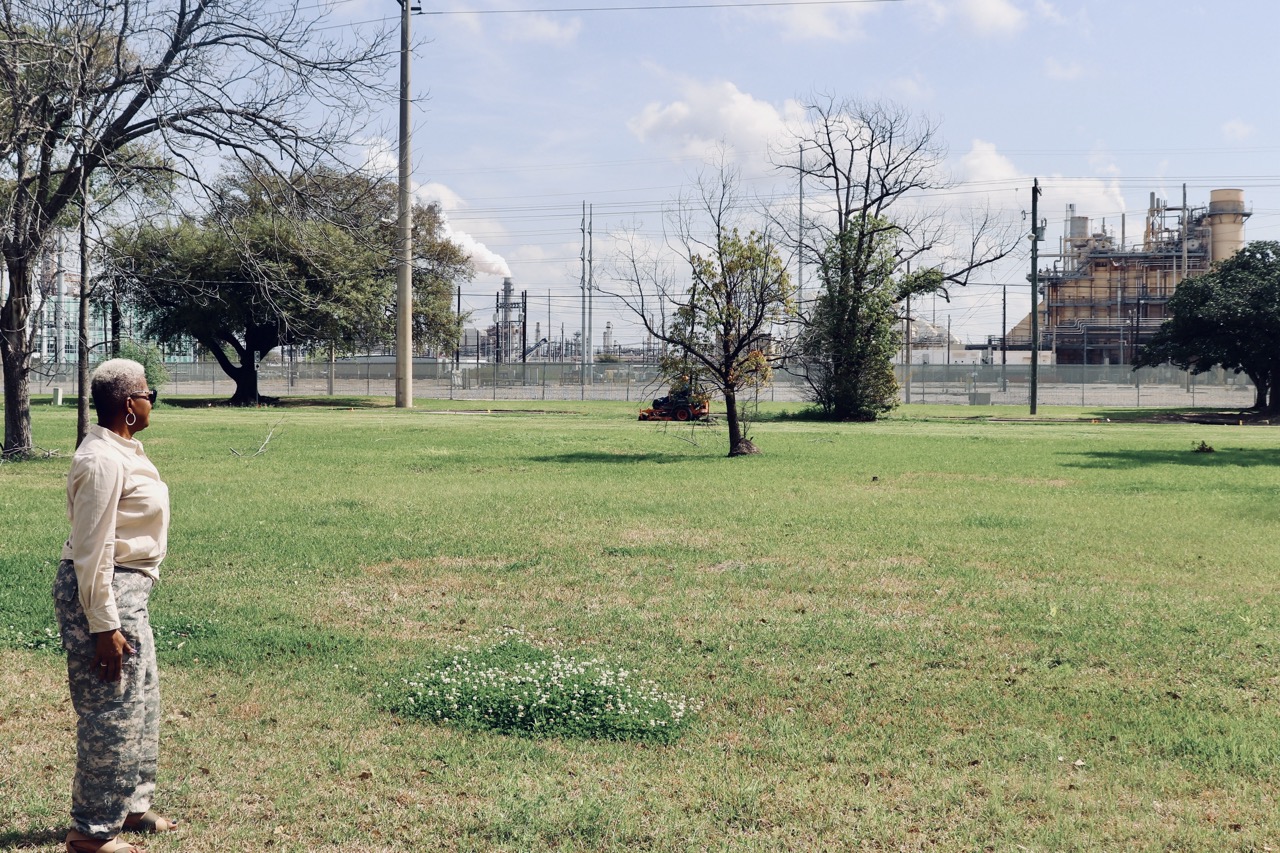
Bitcoin is more than just a shiny new way to lose money. It’s also fueling Texas’ energy woes as the state braces for another year of record-breaking heat. And communities of color are caught in the crosshairs of climate change, those sprawling data centers, and the power plants needed to meet both demands.
Last year, during the deadliest summer in Texas history, Black people bore the brunt of the heat. Stories like the deaths of a 5-day-old Black infant and a 66-year-old Black postal worker from heat illness led to national indignation. The brutal summer only fueled the fire that the state’s power grid operator, the Electric Reliability Council of Texas, has spent years trying to put out.
After a 2021 winter storm revealed just how unprepared the state was for severe weather, Texas was searching for ways to ensure it would be producing enough electricity in times of disaster.
Their solution: new fossil fuel-powered power plants.
But while the state says these new power plants meet demand caused by severe weather and population growth, a new ERCOT Forecast says that as the state’s energy demand doubles over the next six years, most of the demand will come from water and energy consumer data centers for artificial intelligence supercomputers and cryptography processing.
Essentially, this means the state is building polluting power plants that have historically decimated black communities, in part for industries that experts say are increasing economic inequality and discrimination against black Americans.
Despite analysis showing that clean energy sources such as wind and solar are far more reliable and cheaper to produce than energy from fossil fuels, in the aftermath of last summer the state decided to subsidize New gas-fired power plants worth $10 billion.
Across the country, low-income black people are most exposed to pollution from power plants and have the higher risk of death of such pollution. In Texas, more than 75 percent of the state’s gas-fired power plants are in areas where the population has a higher-than-average share of people of color, according to a Capital B analysis of EPA data.
Early documents reviewed by Capital B show that the trend of placing these facilities in communities of color may continue. Of the companies that requested financing and stated that where they would build new factories, about half, or 45 percent, would be in communities with above-average black populations.
“They’re trying to use these ‘volatile’ weather events, the freezing and the heat, as justification for all these new gas plants,” Brittney Stredic told Capital B last year. She’s part of a coalition of community members who have been fighting for a new gas plant and pipeline in her Houston neighborhood for several years. “But we don’t need it.”
Read more: A gas storage plant and new pipeline disrupt life in this black community
Although Texas has recently established itself as the emerging country US renewable energy capitalThese measures signal a setback for the state — and for the climate.
Climate change and the intensified nature of winter and summer are largely caused by the burning of fossil fuels. And Texas’ response is to align itself with industries that have been shown to harm Black communities, experts say.
“There are so many downsides to cryptocurrencies, but unfortunately, the industry has a lot of money, and recently it has been using its money to get favorable policies in Washington, D.C., and places like Texas,” said Algernon Austin, director of Race and Economic Justice at the Center for Economic and Policy Research. Austin has spent years researching how the speculative get-rich-quick scheme targets the country’s most vulnerable.
“Cryptocurrencies are a shiny new way to lose money. The analysis that has been done suggests that, if anything, it has worked to increase inequality,” he added. “It is worrying that it is creating an environmental problem on top of all this.”
Artificial intelligence and cryptomining are immensely energy- and water-intensive due to the power required to process complex algorithms and transactions. As these supercomputers, which are typically three times the size of an average U.S. home, operate, they generate enormous amounts of heat that require continuous cooling — and demand for electricity.
Texas already consumes more energy than any other state, and the pollution from that consumption is palpable. Despite being home to 9 percent of the nation’s population, the state is responsible for 13 percent of all pollution from power plants and 15 percent of all pollution from natural gas plants.
The get-rich-quick mentality
It’s not Texas’ fault that the country’s new state passion for these energy intensive uses of the Internet is driving the need for energy. The energy required to run a single AI search, for example, is between 10 and 30 times the energy required to run a traditional Google search. However, its continued drive to attract business above almost all other considerations can be credited to the state.
Texas residents and experts say that in many ways, the state’s energy woes are driven by a get-rich-quick mentality that prioritizes attractive deals over the resulting strain on the power grid, water sources and rapid population growth.
But the state’s plight exemplifies the crossroads the country finds itself at as it tries to strengthen its power grids: one that can support the most vulnerable populations, like communities of color living near fossil fuel-fired power plants, or align itself with industries that further exacerbate the problems.
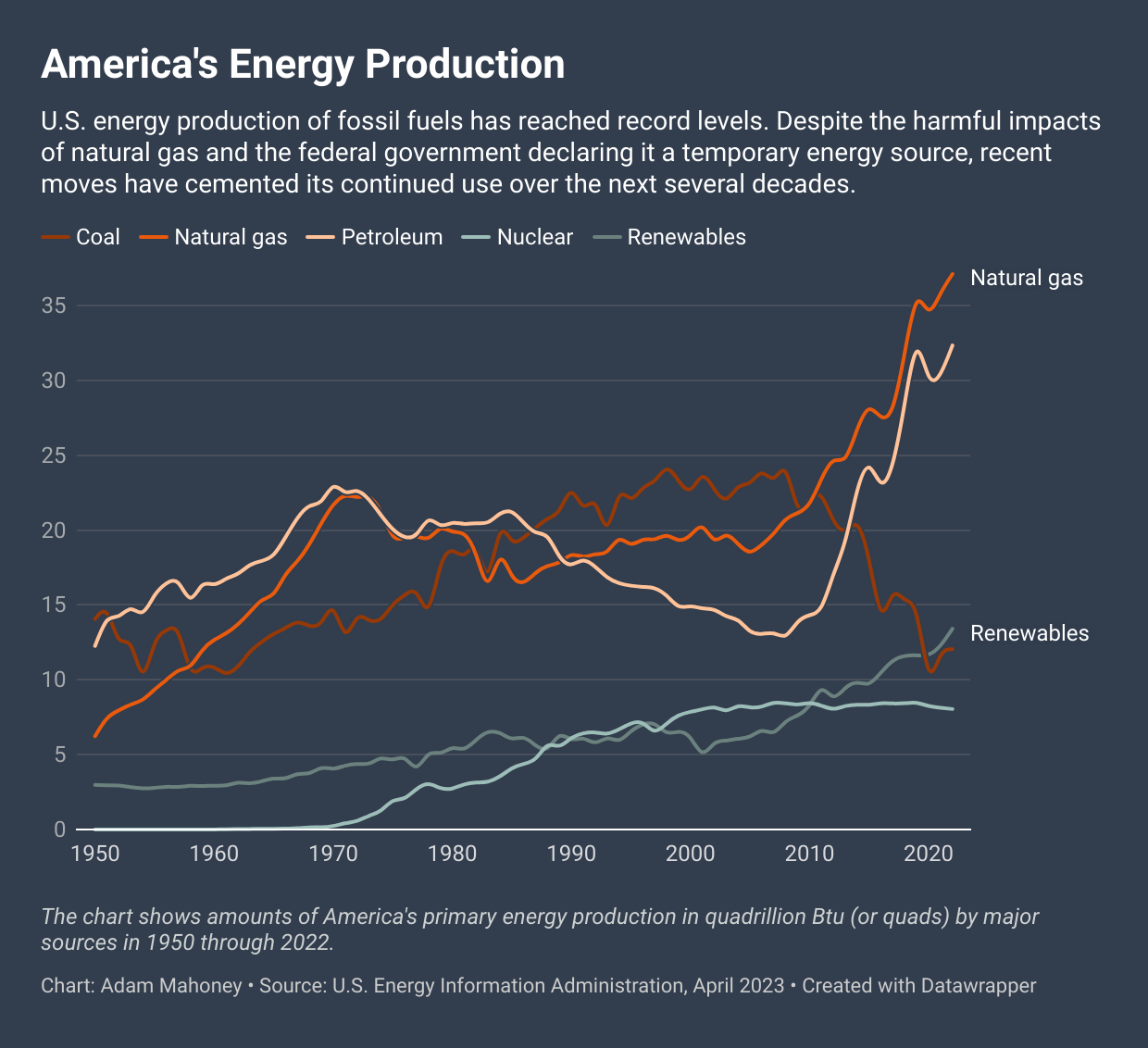
Entergy CEO and President Eliecer Viamontes cited that statewide desire as a reason behind his company’s decision to build new fossil fuel power plants in Texas. His company is one of two that have filed applications to open new gas-fired power plants in a predominantly Black and Latino suburb of Houston, where some neighborhoods already face cancer risks from air pollution 46 times higher than federal limits.
“We have to think about how this aligns with what the leadership of the state of Texas is pushing, which is that we have to be the number one state for business, the number one state for economic growth,” Viamontes he said. Without the new plants, he said, “There is a risk of losing economic growth in the region.”
But economic growth for whom, Austin wonders. The rise in cryptofinance in particular, a tool initially marketed as a way to reduce economic inequality, shows that mindset can work directly against improving lives in Black communities.
As state residents were hit by triple-digit heat in August, the grid operator gave millions of dollars for Bitcoin mining and data center companies to stop using so much energy. It’s a tactic Texas may have to use again for several summers to come. (To keep air conditioning running, that summer the state also obtained an emergency order from the U.S. Department of Energy allowing power plants to exceed pollution limits to produce more energy. That left communities of color facing the dual threat of suffocating heat and air pollution.)
“We’ve been incredibly misinformed because our local leaders haven’t made it a priority to talk to us about what’s going on,” said Kimberlee Walter, an activist in a Texas community that’s home to a crypto finance company that received $32 million last summer to use less energy. “These companies are wasting precious resources, driving up our energy bills and destabilizing an already very unstable grid.”
Meanwhile, in recent years, research has found that black people are more probable than white people to invest in cryptocurrencies and are more likely to incorrectly believe that the industry is regulated and safe. Black crypto investors are also more likely than white crypto investors to say they have borrowed money to make their investments.
Cryptocurrency has also increased costs for those who haven’t even invested in the coin. In Texas, it has already increased electricity costs for non-mining Texans by $1.8 billion a year, or 4.7%, according to conservative estimates from consulting firm Wood Mackenzie.
A large portion of these crypto mines have opened around the Dallas metro area, which is among the fastest-growing places for black people and is already home to 1.2 million black people. At least one of the new fossil fuel power plants proposed in a predominantly black community would be built exclusively to power a cryptomining supercomputer.
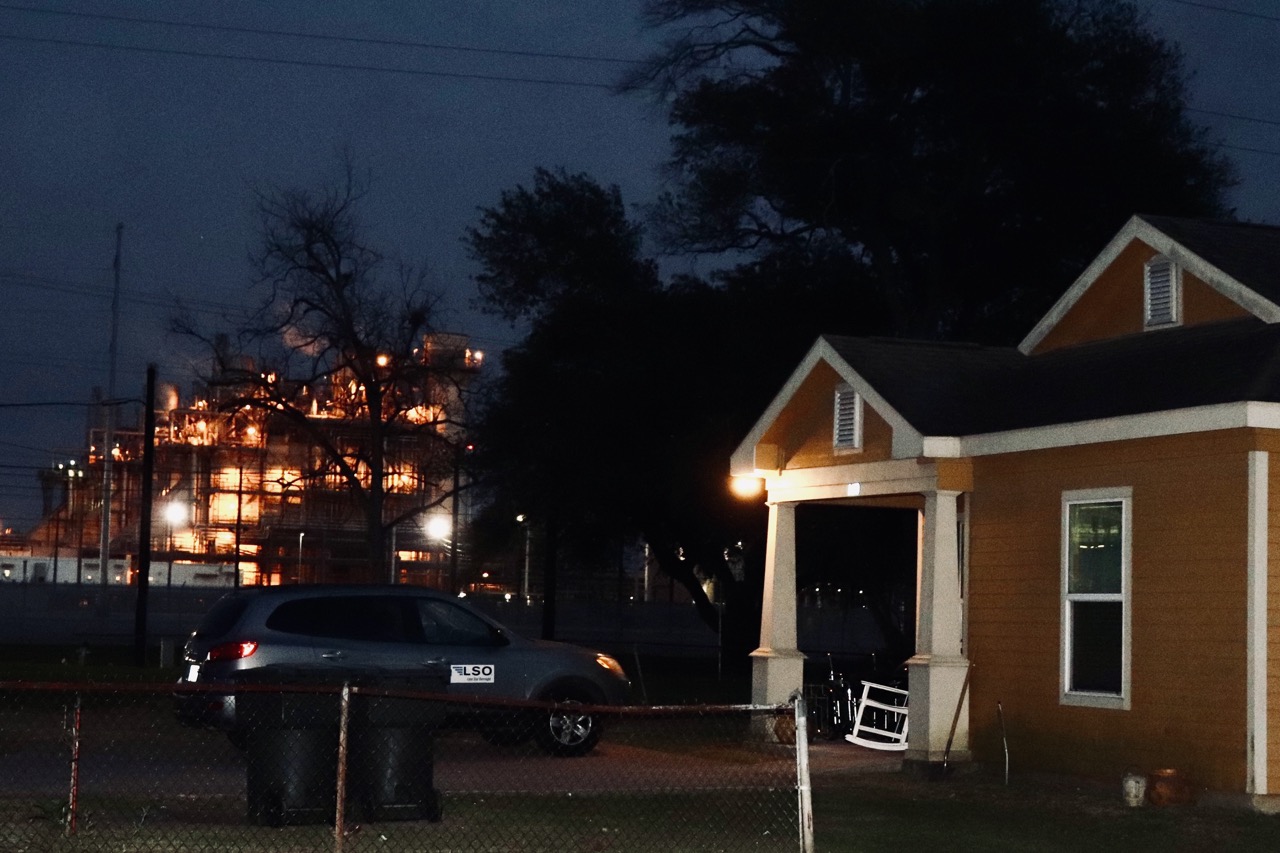 A natural gas plant lights up the sky near a 90 percent black neighborhood in Beaumont, Texas. (Adam Mahoney/Capital B)
A natural gas plant lights up the sky near a 90 percent black neighborhood in Beaumont, Texas. (Adam Mahoney/Capital B)
As natural gas production surges across the country, energy companies and government agencies are not “adequately addressing the history of the devastation that oil and gas have wrought in the Gulf South and communities of color,” said Robert Bullard, the father of environmental justice.
While clean energy is growing, Texas has a problem getting it to homes. The growth of renewable energy requires expensive transmission lines to move power to urban consumers from rural areas where wind and solar farms are located. But some residents believe the cost and infrastructure construction are worth it.
“The truth is that gas failed us when we needed it most,” the state’s Sierra Club chapter wrote after the subsidies for new plants were announced. “We need to reduce demand on the grid by making buildings more energy efficient, and we need to invest more in local and distributed energy systems like rooftop solar and battery storage. Our climate has changed, no matter how much fossil fuel-funded Texas politicians deny it.”
Bitcoin
Big Tech Outperforms Bitcoin (BTC) as Trump Deal Weakens Token

Bitcoin has lost out on an asset rally fueled by positive comments from the Federal Reserve, while a tight US election race casts doubt on whether Donald Trump will get the chance to implement his pro-crypto agenda.
The digital asset fell 2.4% on Wednesday, following a Fed-fueled surge in an index of megacap tech stocks Magnificent Seven by one of the largest margins in 2024. The token retreated further on Thursday, changing hands at $63,750 as of 6:10 a.m. in London.
Bitcoin
‘This is huge’ — Billionaire Mark Cuban issues ‘incredible’ Bitcoin and crypto prediction amid price slump

Bitcoin
Bitcoin
came back with a vengeance this year when former President Donald Trump Cryptocurrency boosts US presidential election in November with ‘revolutionary’ plan.
The price of bitcoin has surged to more than its all-time high in recent months, surpassing $70,000 per bitcoin and triggering a wave of mega-optimistic predictions about the price of bitcointhough it fell again this week, falling below $65,000 after the Federal Reserve kept interest rates steady.
Now, as Elon Musk suddenly breaks his silence on bitcoin and cryptocurrenciesBillionaire investor Mark Cuban called a California plan to digitize 42 million car titles using blockchain an “incredible step forward” and “huge” for cryptocurrencies.
Sign up for free CryptoCodex now—A daily five-minute newsletter for traders, investors, and crypto curious people that will keep you up to date and ahead of the bitcoin and crypto bull market
Mark Cuban, famous Shark Tank investor and billionaire owner of the NBA team Dallas Mavericks, has… [+] called a cryptocurrency update “amazing” amid bitcoin’s price slump.
Getty Images
The California Department of Motor Vehicles (DMV) has digitized 42 million car titles using blockchain, it was reported by Reuters, through technology company Oxhead Alpha on the Avalanche blockchain and designed to detect fraud and facilitate the securities transfer process.
“This is an incredible development for crypto,” Cuban, best known as an investor on TV’s Shark Tank and owner of the Dallas Mavericks NBA team, posted on X, joking that U.S. Securities and Exchange Commission (SEC) Chairman Gary Gensler could sue the state as part of his hostility toward cryptocurrencies and blockchain technology.
“The reason this is huge for crypto is because people who hold the tokens will have an app with an Avalanche wallet,” Cuban said. “Tens of millions of Californians having and using a crypto wallet in the next five years, or however long it takes, normalizes the use of wallets and crypto.”
John Wu, president of Avalanche developer Ava Labs, told Reuters that California’s DMV is “creating a wallet that you can download on your phone.”
Sign up for CryptoCodex now—A free daily newsletter for the crypto-curious
Bitcoin’s price has rallied this year, triggering a wave of bullish bitcoin price predictions from… [+] people like billionaire Mark Cuban.
Forbes Digital Assets
Last month, Cuban predicted that if the US dollar falls as the global reserve currency, bitcoin could become “a global ‘safe haven’” and a “global currency.” potentially sending the price of bitcoin to a much higher level.
According to Cuban, bitcoin could become what its most ardent supporters “envision” — a means “of protecting our economies… This is already happening in countries facing hyperinflation.”
The price of bitcoin has skyrocketed over the past year, largely due to the world’s largest asset manager, BlackRock, leading a bitcoin attack on Wall Street.
Bitcoin
Bitcoin (BTC) miner Riot Platforms (RIOT)’s second-quarter loss widens to $84.4 million as costs rise
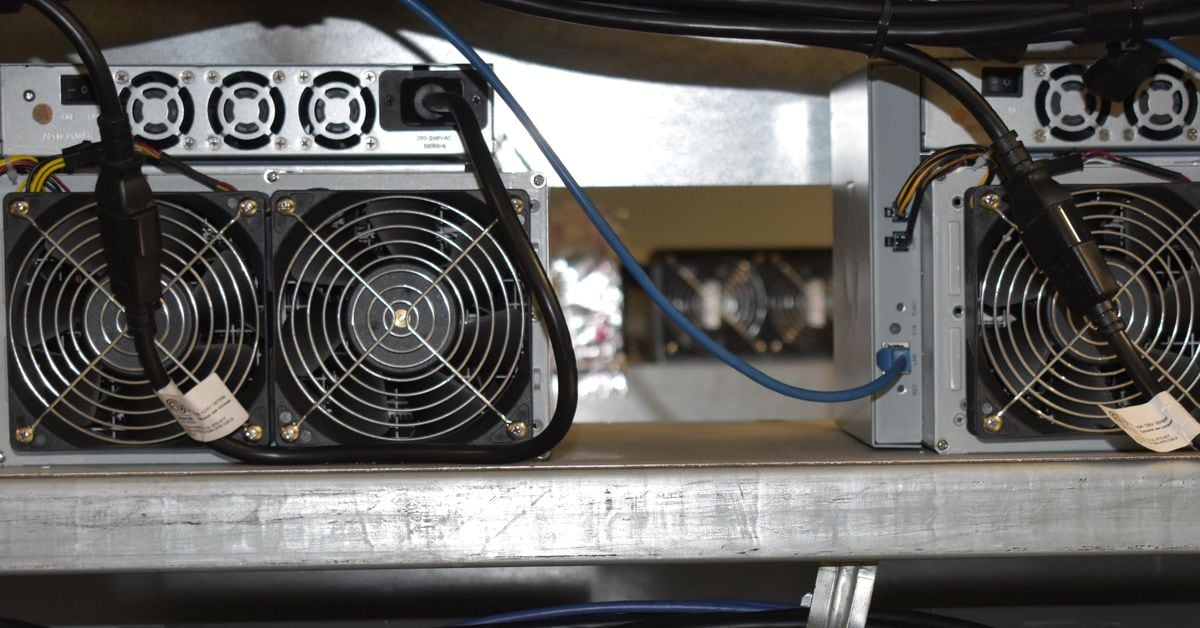
Please note that our Privacy Policy, terms of use, cookiesIt is do not sell my personal information Has been updated.
CoinDesk is a awarded media outlet that covers the cryptocurrency industry. Its journalists follow a strict set of editorial policies. In November 2023, CoinDesk has been acquired by the Bullish group, owner of Optimistica regulated digital asset exchange. The Bullish Group is majority owned by Block.one; both companies have interests CoinDesk has a portfolio of blockchain and digital asset businesses and significant holdings of digital assets, including bitcoin. CoinDesk operates as an independent subsidiary with an editorial board to protect journalistic independence. CoinDesk employees, including journalists, may receive options in the Bullish group as part of their compensation.
Bitcoin
Why Trump Wants the US Government to Have a “National Stockpile” of Bitcoin
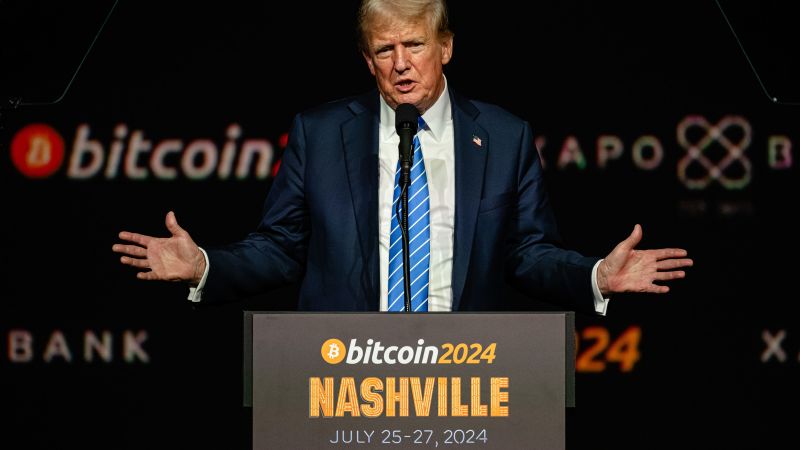
At a national bitcoin conference in Nashville, Donald Trump finally laid out some of his crypto policy proposals, including a long-awaited part of his plan — building a strategic bitcoin reserve. CNN’s Jon Sarlin explains what it is and why the crypto industry wants it.
-

 News12 months ago
News12 months agoBitcoin soars above $63,000 as money flows into new US investment products
-

 DeFi12 months ago
DeFi12 months agoEthena downplays danger of letting traders use USDe to back risky bets – DL News
-

 News12 months ago
News12 months agoFRA Strengthens Cryptocurrency Practice with New Director Thomas Hyun
-

 DeFi12 months ago
DeFi12 months agoZodialtd.com to revolutionize derivatives trading with WEB3 technology
-

 Markets12 months ago
Markets12 months agoBitcoin Fails to Recover from Dovish FOMC Meeting: Why?
-
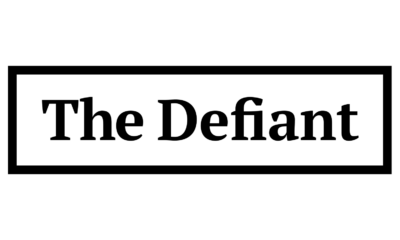
 DeFi1 year ago
DeFi1 year ago👀 Lido prepares its response to the recovery boom
-

 Markets1 year ago
Markets1 year agoWhale Investments in Bitcoin Reached $100 Billion in 2024, Fueling Crazy Investor Optimism ⋆ ZyCrypto
-

 Markets1 year ago
Markets1 year agoWhy Bitcoin’s price of $100,000 could be closer than ever ⋆ ZyCrypto
-

 DeFi1 year ago
DeFi1 year agoPancakeSwap integrates Zyfi for transparent, gas-free DeFi
-

 Markets1 year ago
Markets1 year agoWhales are targeting these altcoins to make major gains during the bull market 🐋💸
-

 DeFi1 year ago
DeFi1 year ago🏴☠️ Pump.Fun operated by Insider Exploit
-

 News1 year ago
News1 year agoHow to make $1 million with crypto in just 1 year 💸📈









